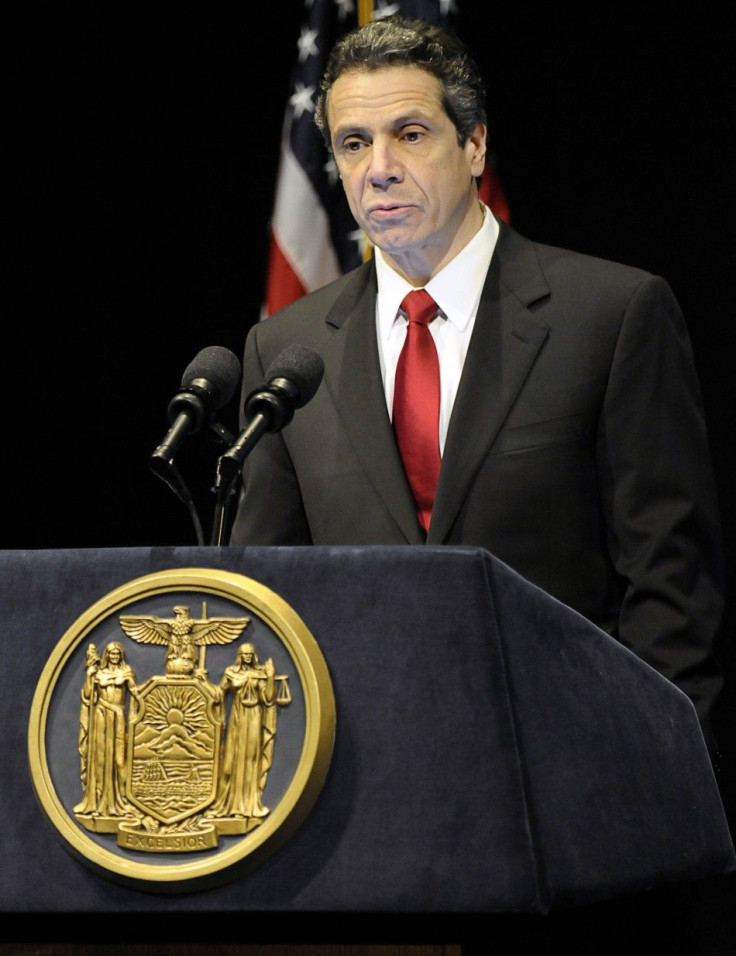Tent Cities Growing in Brooklyn and Queens
Tenants Say Homelessness Will Surge if Rent Laws Lapse

A tent city for the homeless is growing beside a church in Woodside, Queens. More than 75 people gathered Thursday afternoon, pitched camping tents and arranged cardboard boxes into makeshift shelters to dramatize what they say will be a common sight if New York's rent regulation laws are allowed to expire next month.
Tenants and advocates for affordable housing worry that homelessness will increase dramatically. It won't happen overnight, but yes. People will not be able to afford to live in their homes, Mary Tek, an organizer with the pro-tenant group Tenants and Neighbors said.
More than 2 million apartments in New York City are subject to laws that limit how much a landlord can charge in rent and how steeply rent can increase each year. The laws came into effect because the city has a prepetually tight rental market, with only a 3 percent vacancy rate, Tek said.
That means for every tenant in an apartment, there are 10 more waiting outside the door. This makes tenants very disposable to landlords. The rent laws level the playing field a little bit between landlords and tenants, Tek said.
Without the laws, landlords could charge any rent they wanted and only the wealthiest people could afford to live in New York City, distorting the economy and making it impossible for the city to function, rent regulation supporters argue. Without it there would be no place subway drivers, teachers and retail workers could afford to live.
The Real Estate Board of New York, a lobbying group for landlords has said the laws hurt tenants and actually bolster rents at the low end of the scale. A spokesperson for the group did not immediately respond to a request for comment.
Church groups and a variety of tenant advocates are working together to build the tent cities. On Monday tenants slept overnight in tents in Brooklyn. Next week they will set up colonies in Chelsea and at City Hall.
The stunt looks dramatic. Organizers say that's because the stakes are perilously high. We're calling the tent cities Cuomovilles, because it is really up to Governor Cuomo to renew and strengthen these laws, Tek said.
Conventional wisdom holds that the laws will not be permitted to expire altogether. But Tenants and Neighbors and other tenants' rights groups argue the laws need to be stregthened in tenants' favor, to make sure enough apartments remain affordable. They want to make it harder for landlords to remove apartments from rent regulation. Under current laws, an apartment becomes market rate when the rent reaches $2,000 a month and the tenant moves. This has acted as incentive for landlords to harass tenants so they can raise the rent, affordable housing advocates say.
In the past ten years 300,000 apartments have left the regulated system, making it harder for low and middle income New Yorkers to find places to live. Increasing numbers of New Yorkers devote 50 percent of their monthly income to rent. The US Department of Housing and Urban Development holds that 30 percent is an economically healthy number.
© Copyright IBTimes 2024. All rights reserved.





















